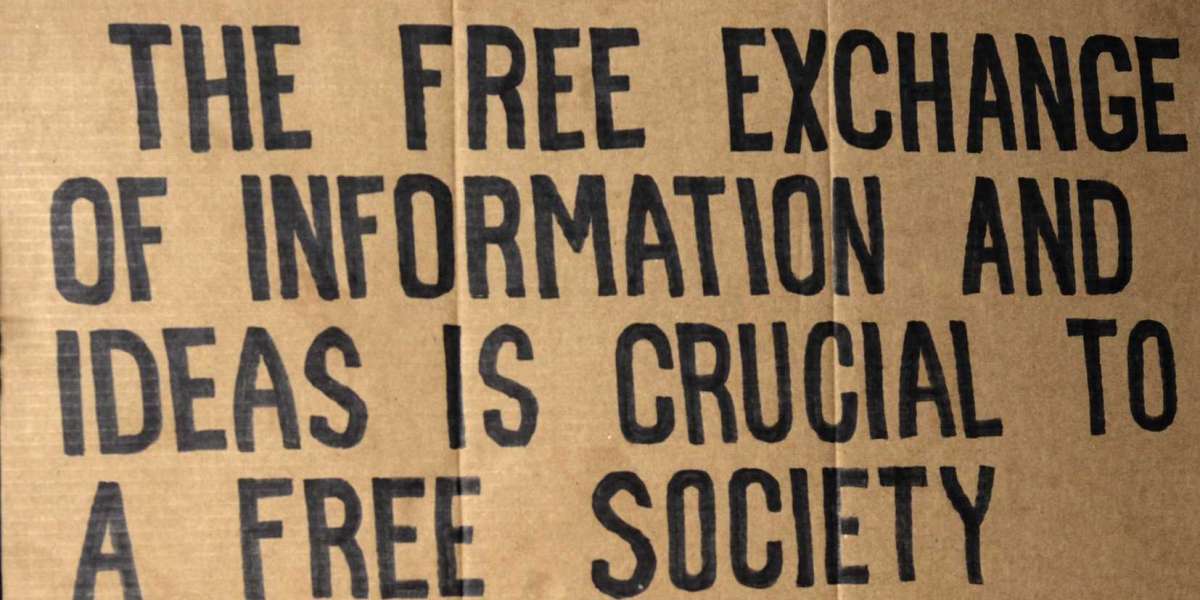Since first created, the internet revolutionized the way we communicate. It's intention was 'the free exchange information and ideas.' It connected people across the globe and enabled this exchange on a scale never before seen.
The internet made it easier for individuals to access a vast array of information and knowledge. No longer were we limited to the information and ideas within our immediate surroundings. With a few clicks of a button, we could access a wealth of information on any topic imaginable. This opened up new opportunities for learning, collaboration, and creativity.
The free exchange of information and ideas also had a profound impact on society. It facilitated the spread of ideas, including those that challenge the status quo and traditional ways of thinking. The internet provided a platform for individuals to share their thoughts, opinions, and experiences, and has allowed for the emergence of new and diverse perspectives.
The internet also played a significant role in the democratization of information. It made it easier for individuals to access and share information, regardless of their social or economic status. This gave a voice to marginalized communities and has allowed for the creation of a more informed and connected society.
However, the free exchange of information and ideas on the internet is now under attack, from the highest levels. One major concern is the issue of claims of misinformation, which can be anything that the powers that be disagree with, or goes against the narratives and agendas trying to be pushed on the masses.
This leads to the issue of online censorship. While the internet was intended to provide a platform for the free exchange of ideas, some governments and organizations have sought to control or censor the information that is available online. This can limit the free flow of information and stifle the exchange of ideas, and be a direct threat to the universal right of individual liberty.
Online censorship can take many forms, including the blocking of websites, the removal of content, and the use of algorithms to suppress certain viewpoints. It can also involve the monitoring of individuals' online activity and the use of intimidation or violence to silence voices.
Online censorship can have serious consequences, including the suppression of dissent, the erosion of democracy, and the limitation of individuals' freedom of expression.
While there are challenges to the free exchange of information and ideas on the internet, it is ultimately a powerful tool that has the potential to bring about positive change in the world.
It is important for individuals and organizations to stand up for the right to free expression and to advocate for the free flow of information on the internet.
YubNub Team
36 Blog posts











